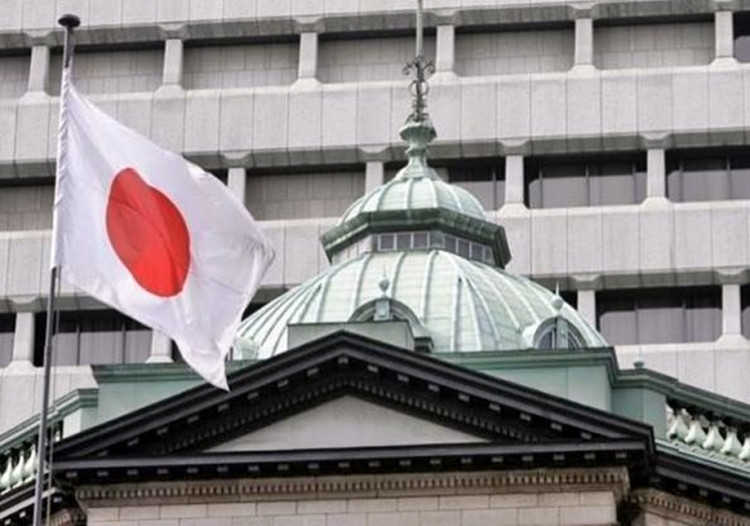The Bank of Japan (BOJ) decided Thursday to maintain its benchmark interest rate at 0.25%, opting for a cautious approach amid global economic uncertainties and domestic inflationary trends. The decision comes as the yen weakened to a four-month low against the dollar, reflecting investor concerns about the central bank's near-term policy direction.
The BOJ's announcement surprised some market watchers, particularly after a more dovish stance from the U.S. Federal Reserve, which cut rates by 25 basis points earlier in the week. The Japanese central bank's nine-member board voted 8-1 in favor of holding rates steady, with dissenting member Naoki Tamura advocating for a hike to 0.5% to address building inflationary risks.
BOJ Governor Kazuo Ueda defended the decision, emphasizing the need for more data to assess the sustainability of recent wage increases and the potential economic impacts of the incoming U.S. administration under President-elect Donald Trump. "But we'd like one notch more information to believe we can raise interest rates," Ueda said during a press conference, adding that underlying inflation in Japan was only increasing at a moderate pace.
The yen weakened sharply following the announcement, sliding 1.4% to 157.075 against the dollar, its lowest level since July. Meanwhile, Japanese government bond yields also dipped, signaling diminished investor expectations for a rate hike in the BOJ's upcoming January meeting.
The decision comes as Japan grapples with mixed economic signals. The country's gross domestic product (GDP) grew at an annualized rate of 1.2% in the third quarter, down from 2.2% in the previous quarter. Consumption, a key economic driver, rose by just 0.7% during the same period. However, inflation remains above the BOJ's 2% target, with October's headline inflation reaching 2.3%, marking the 30th consecutive month it has exceeded the benchmark.
Business sentiment has shown resilience, with the BOJ's Tankan survey reporting improved confidence among large manufacturers. The index for these firms rose to 14 in the December quarter, up from 13 in September, exceeding economists' expectations. Analysts at Bank of America noted that this reflects a steady recovery in Japan's economy, although they cautioned against premature optimism given global headwinds.
The BOJ's decision to hold rates underscores its balancing act between fostering economic growth and addressing inflationary pressures. Ueda highlighted that Japan's inflation dynamics differ from other major economies, with much of the recent price increases driven by imported costs rather than domestic demand.
Market analysts remain divided on the BOJ's next steps. Marcel Thieliant of Capital Economics suggested that a rate hike could come as early as January, pending updated economic forecasts. However, others, like Junki Iwahashi of Sumitomo Mitsui Trust Bank, speculated that the central bank might wait until March to ensure a more stable economic environment.
The BOJ also released a review of its monetary easing policies on Thursday, acknowledging the side effects of unconventional tools like negative interest rates. The report suggested that traditional measures, such as interest rate adjustments, remain more effective for managing economic cycles. The BOJ had previously ended its negative interest rate policy in March and raised its short-term policy target to 0.25% in July.




